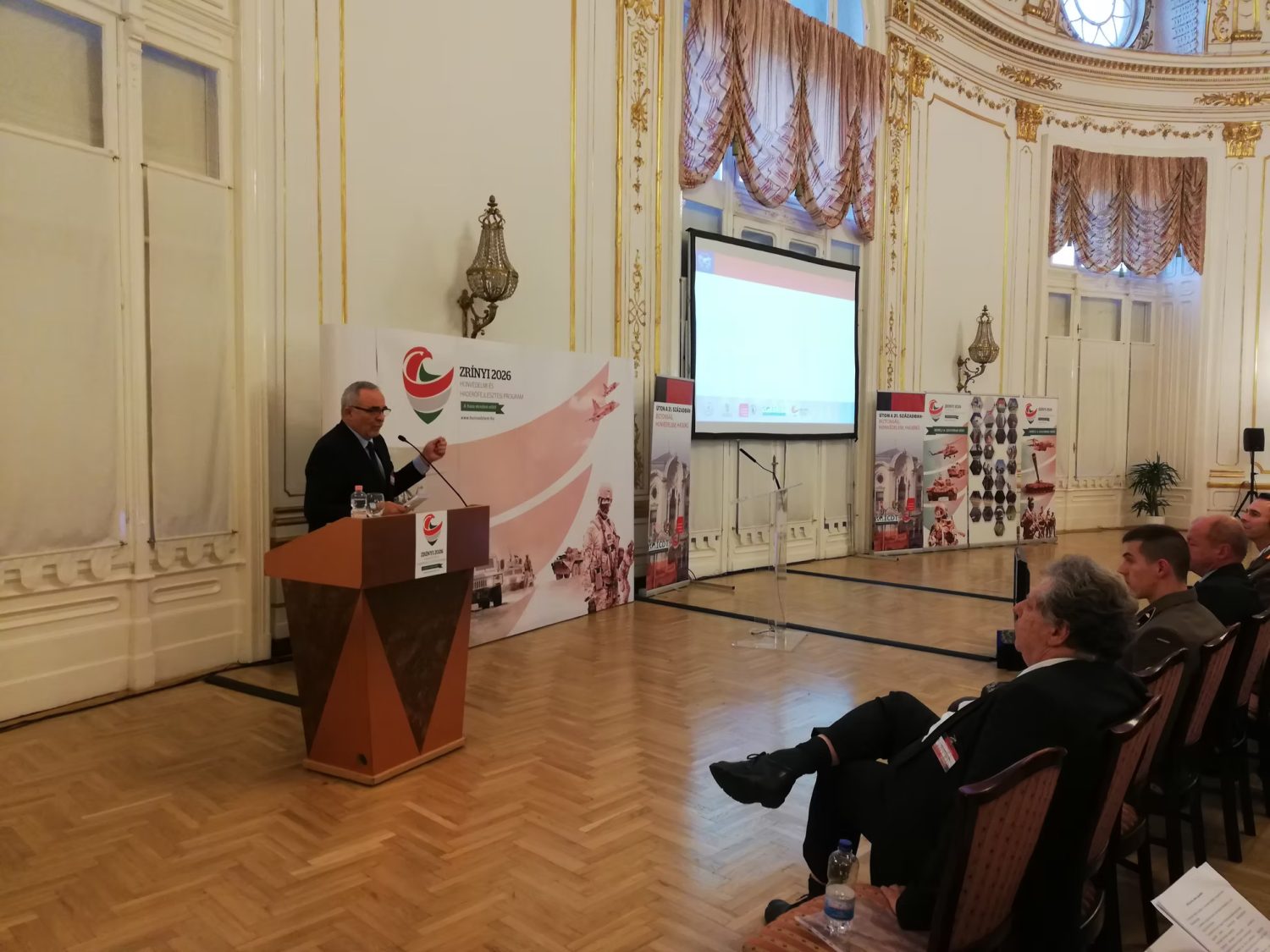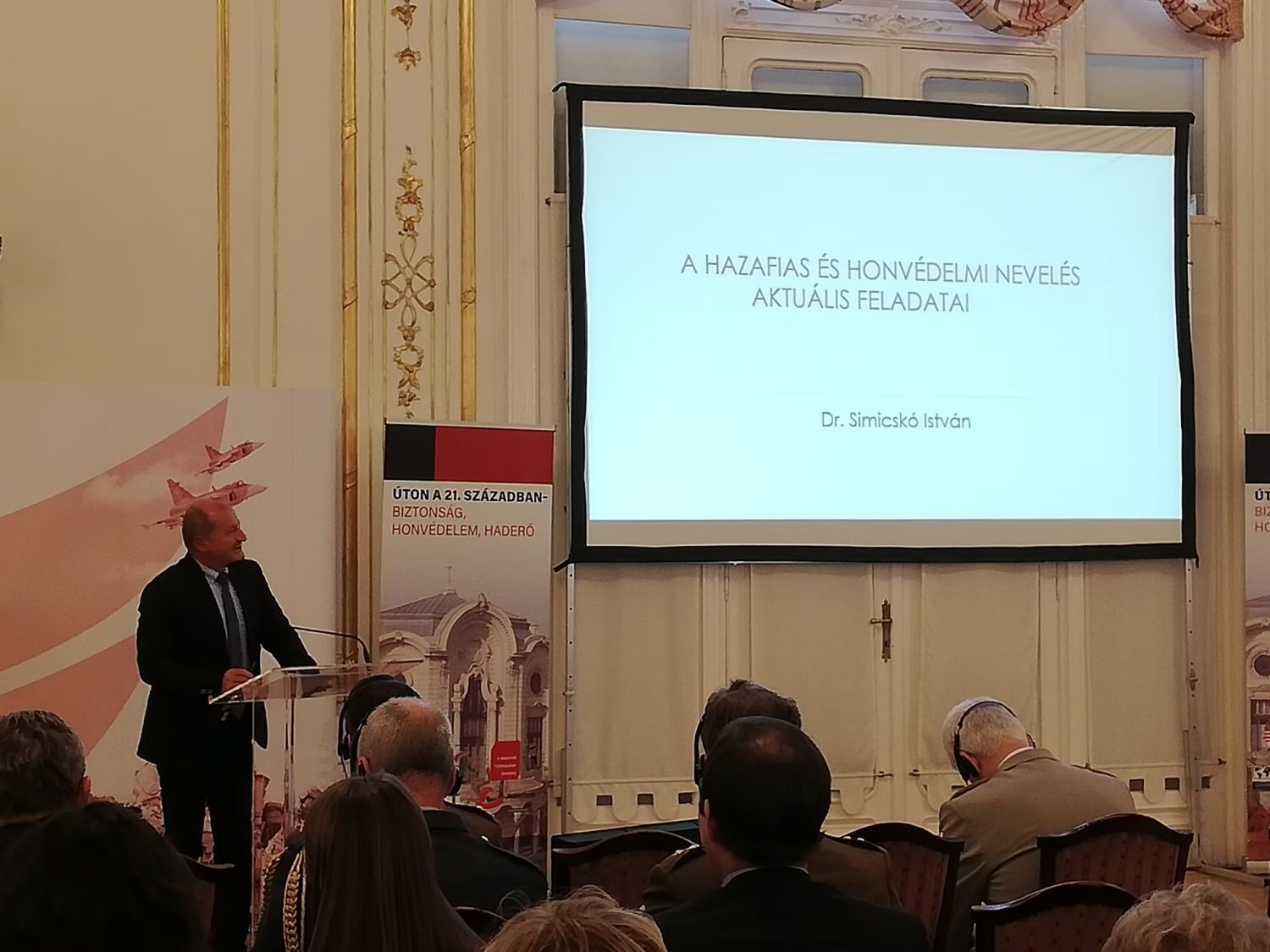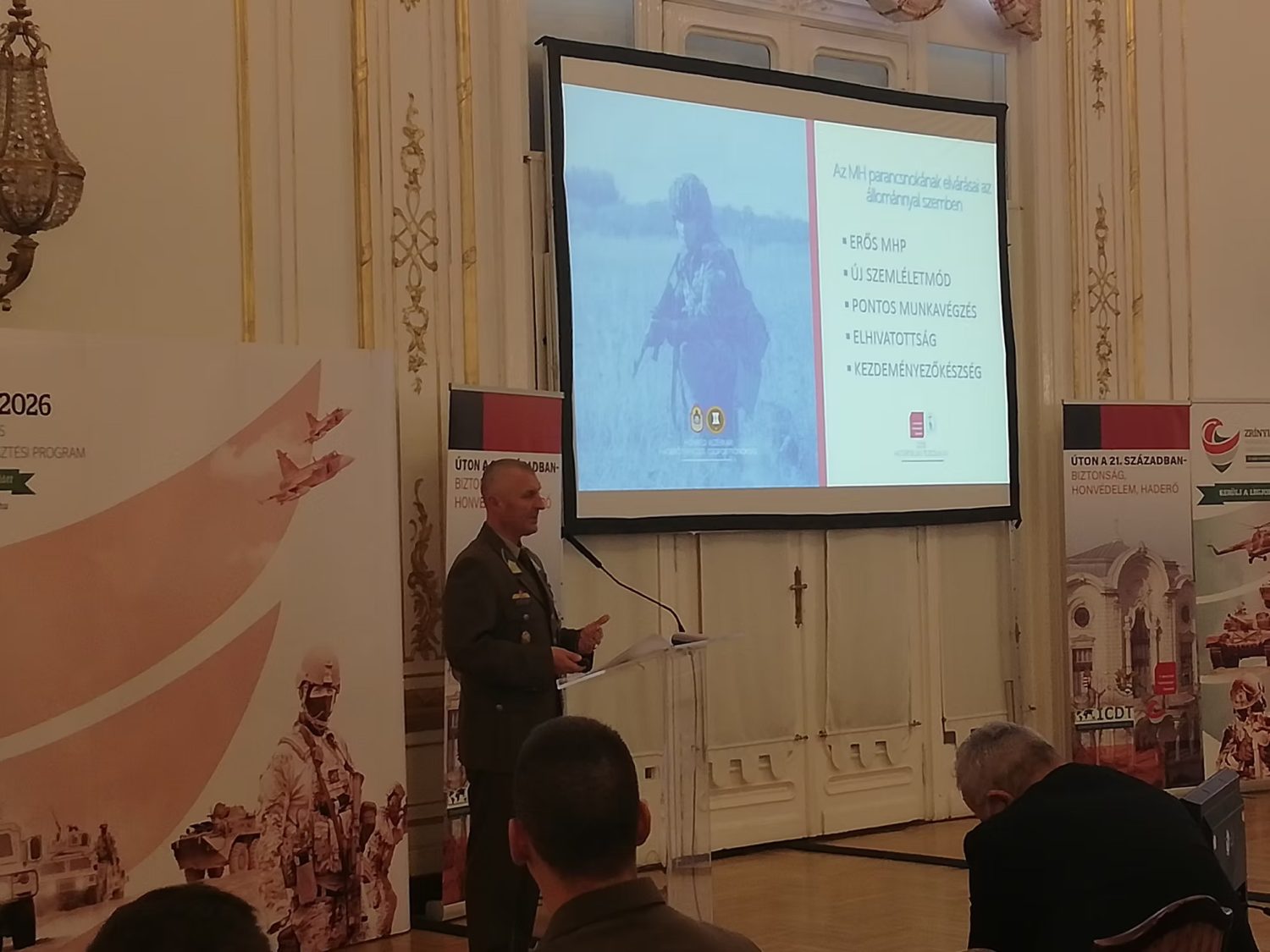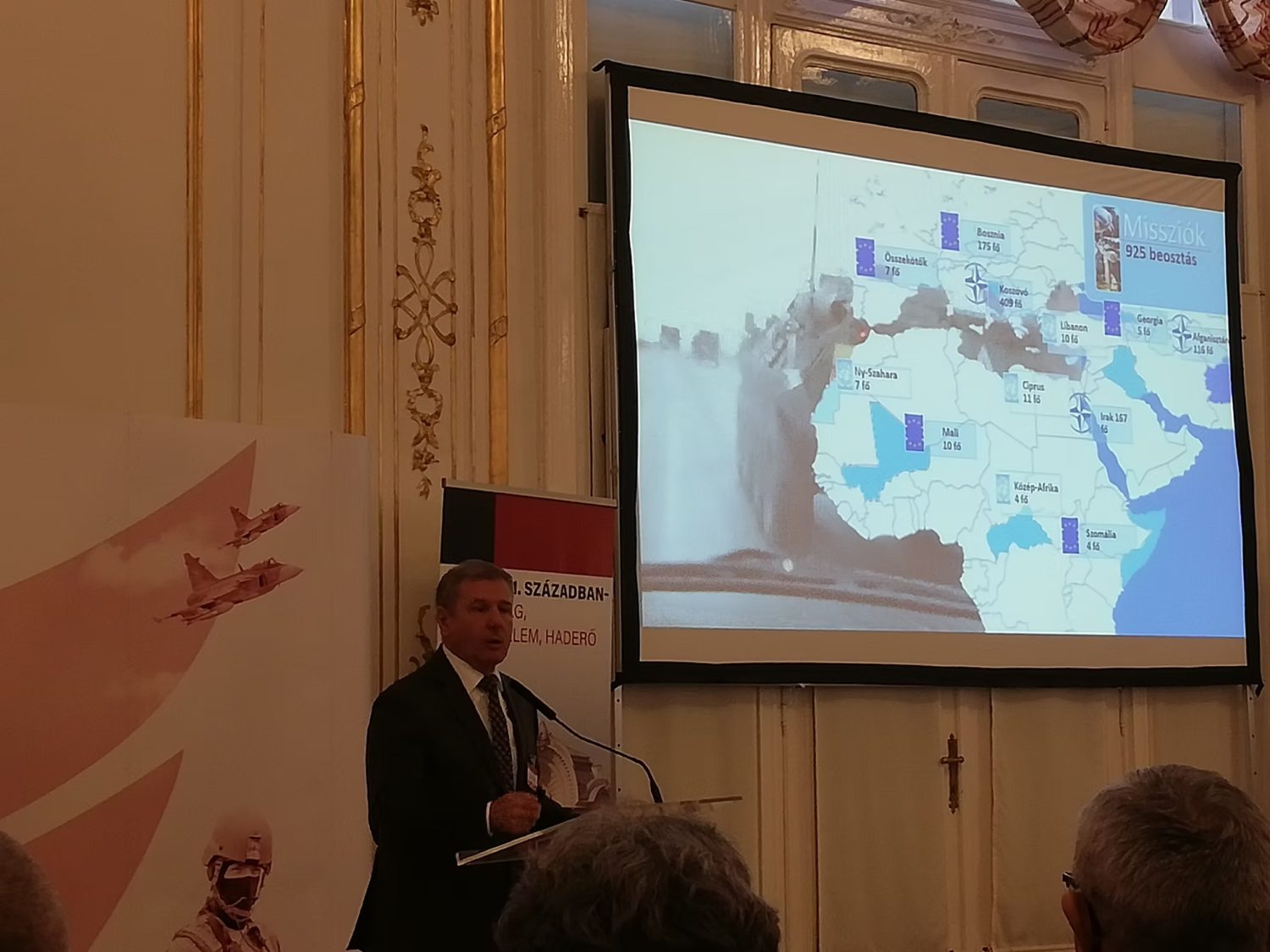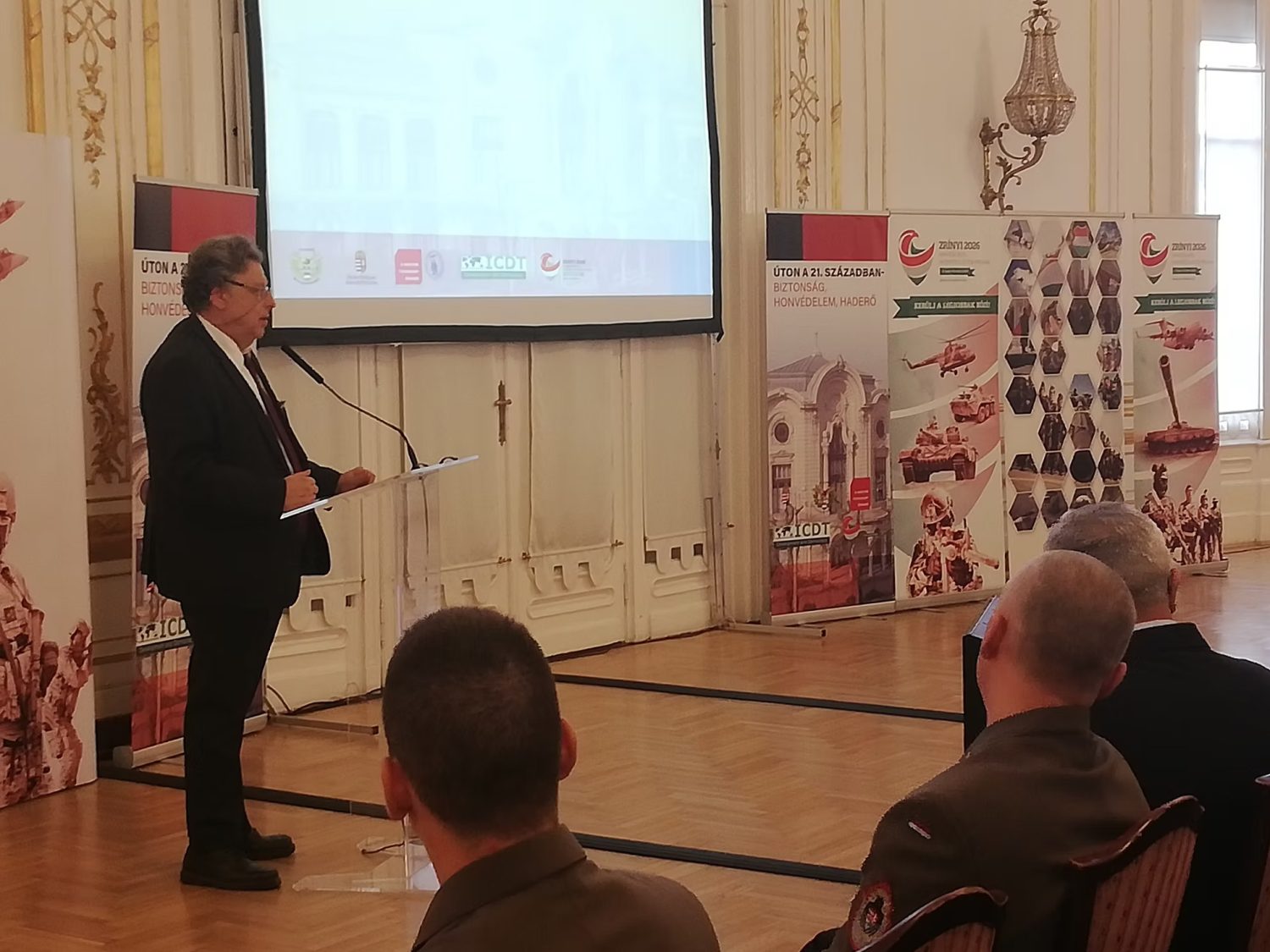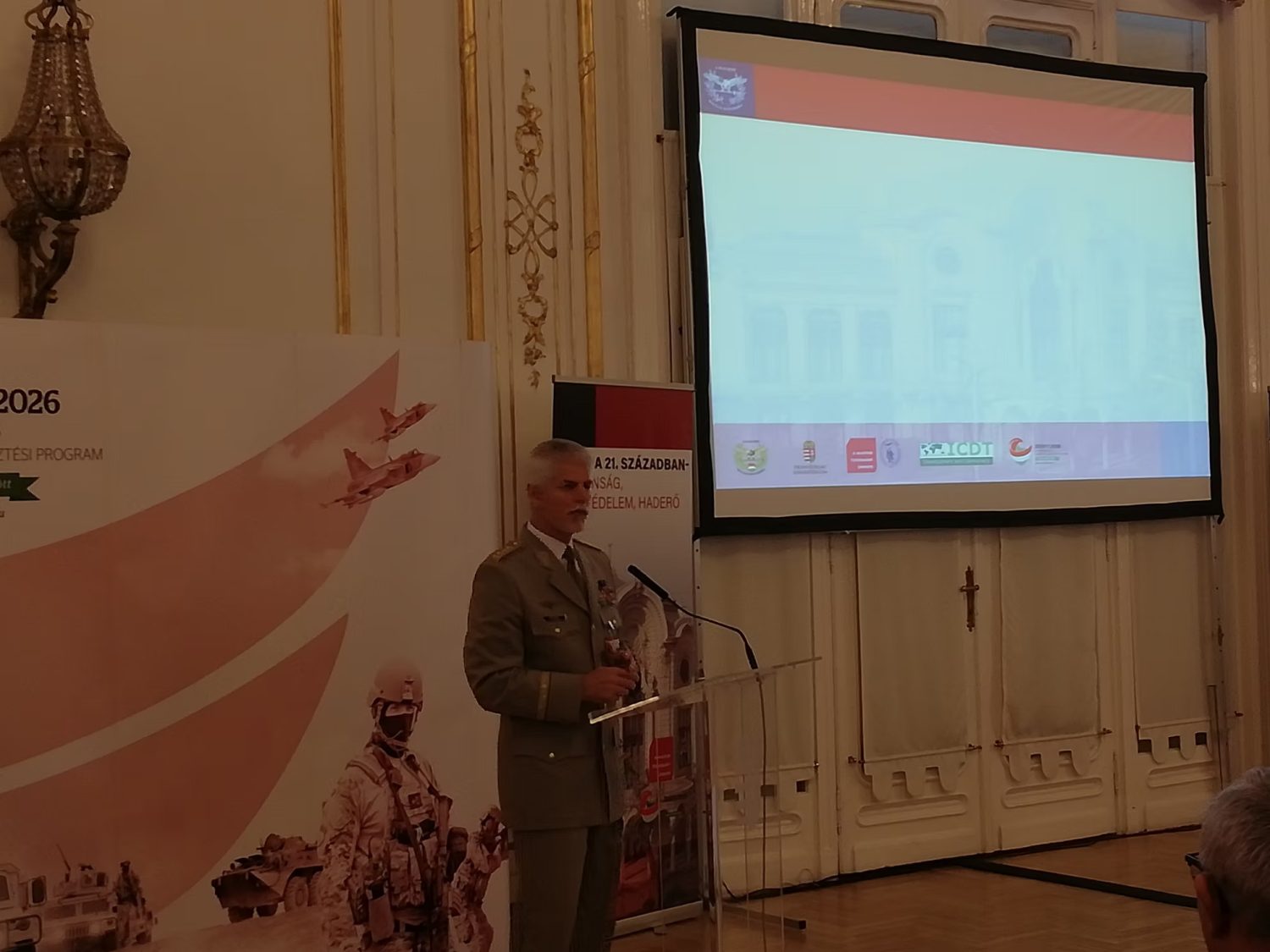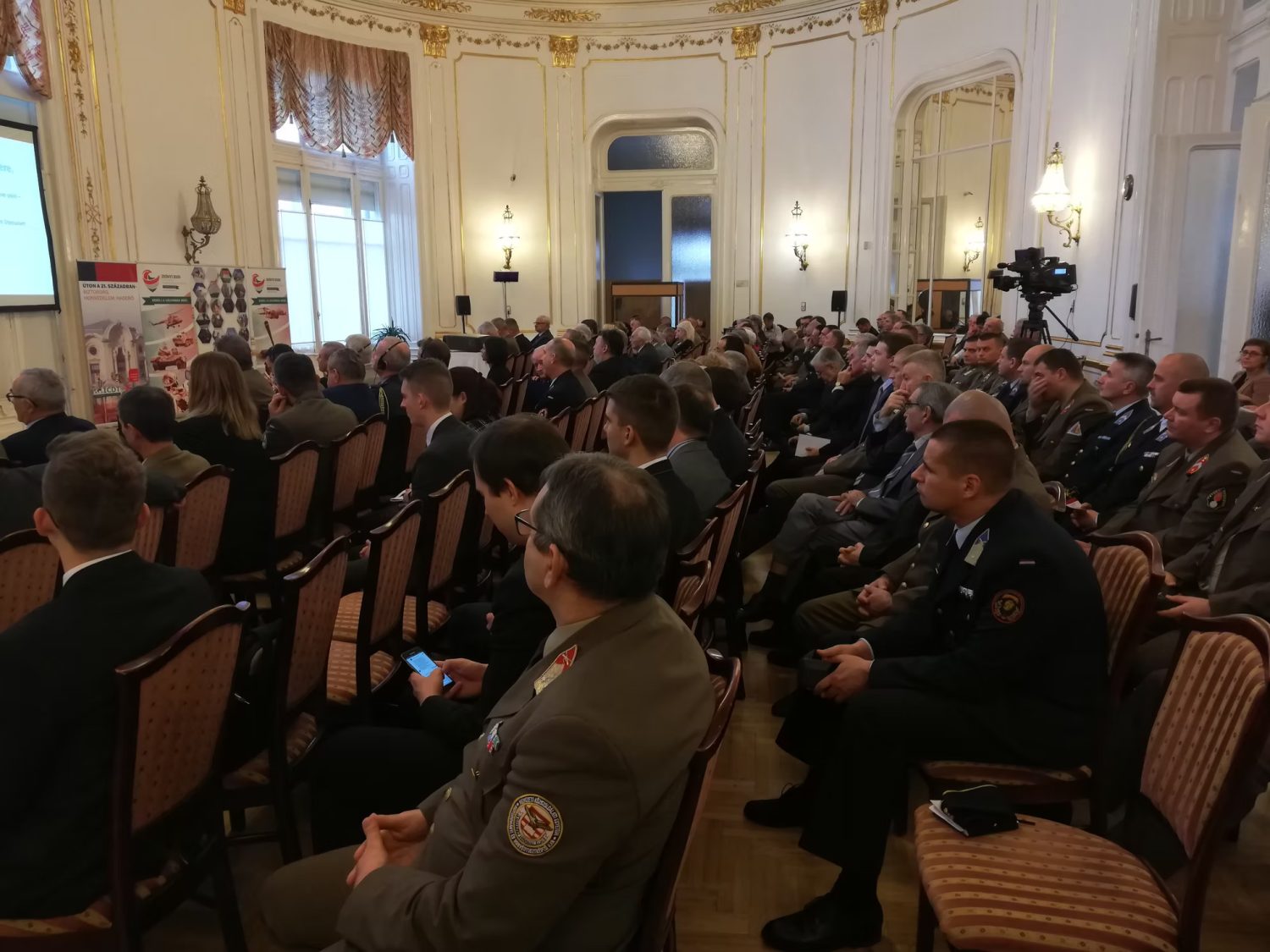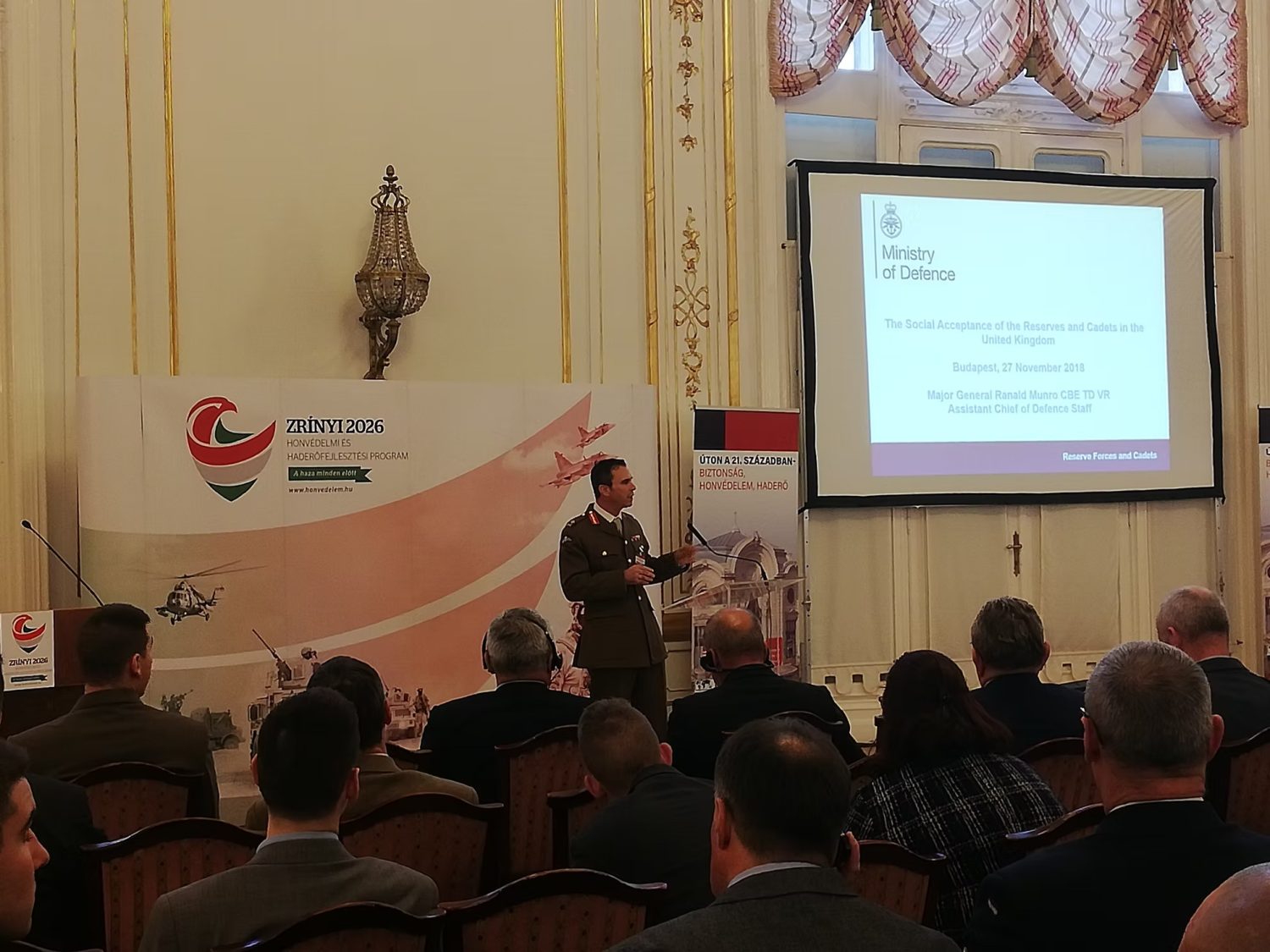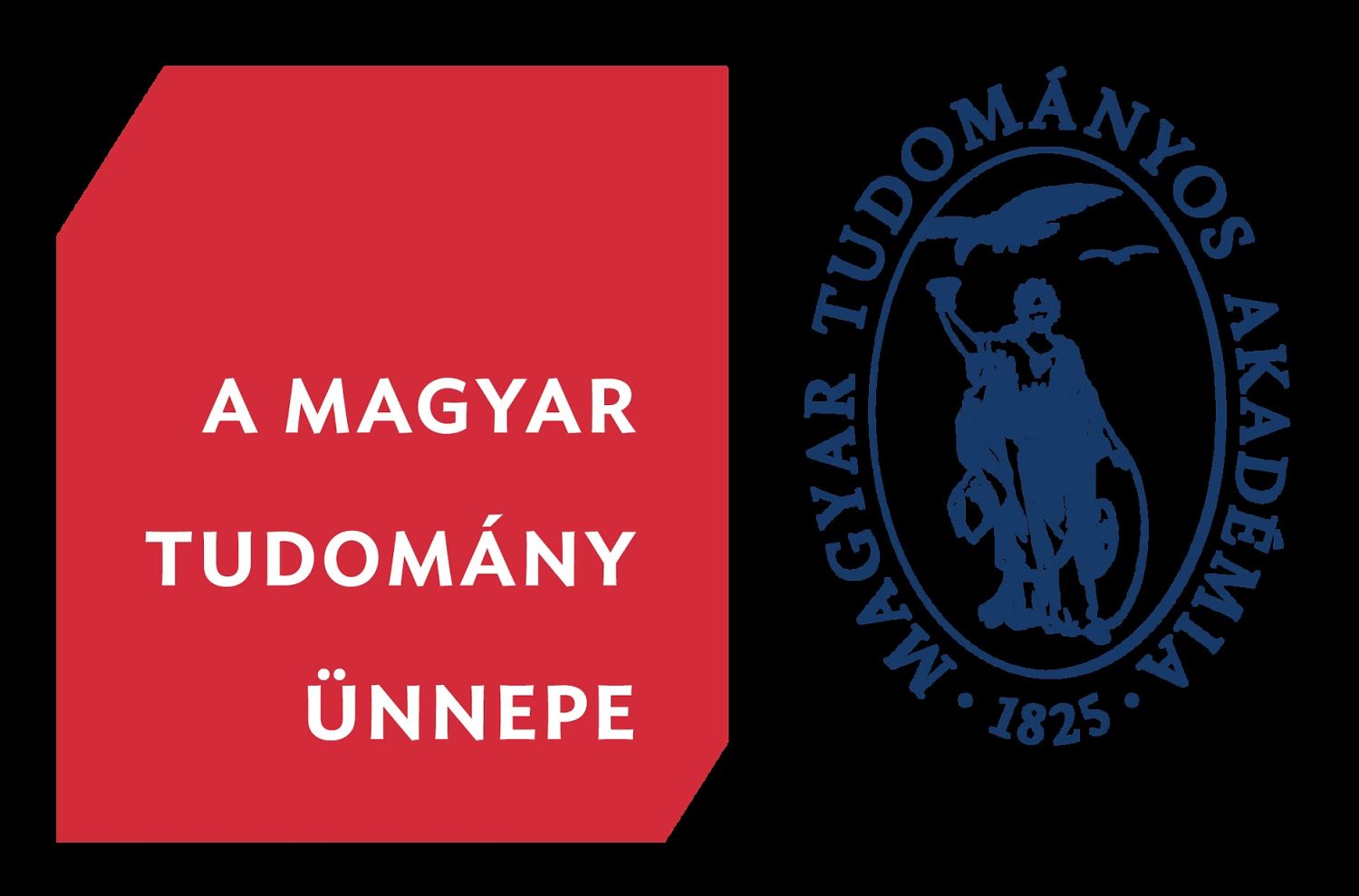On November 27, the Ministry of Defence and the International Centre for Democratic Transition (ICDT) organized an international conference titled “On the Road to the 21st Century – Security, Defence, Armed Forces.” The event addressed global and regional security challenges and possible responses to them, with special attention to Hungary.
In his speech, Defence Minister Dr. Tibor Benkő stated that the capabilities of the Hungarian Defence Forces are shaped by a rapidly changing security environment. Without security, there can be no peace, and a strong, capable military equipped with modern weaponry is essential to guaranteeing the nation’s safety. To achieve this, significant steps have been taken, including gradually increasing the defence budget, strengthening the relationship between society and the military, and placing a focus on youth through various programs and initiatives.
General Petr Pavel, who served as Chairman of the NATO Military Committee between 2015 and 2018, outlined the key global security challenges, including Russia, terrorism, and the strategic rivalry between China and the United States. He emphasized that the only way to address these challenges is through cooperation and unity within NATO and the European Union.
Dr. Csaba Vezekényi, Deputy State Secretary for Defence Policy at the Ministry of Defence, stressed that the military dimension of security is becoming increasingly important. Strengthening the Hungarian Defence Forces is therefore a top priority, in which the Zrínyi 2026 Defence and Armed Forces Development Programme plays a key role.
Dr. István Gyarmati, President of the ICDT, pointed out that securing adequate financial resources alone is not enough to create an effective military. The new, evolving international order requires new approaches, in which cooperation between younger and older generations, as well as between civilians and military personnel, is becoming increasingly important. Although Hungary is a small country, it can achieve meaningful change through intellect and heart.
Colonel Dr. László Sticz, Acting Head of the Force Planning Directorate of the Hungarian General Staff, explained that the modernization of the armed forces is driven by three main factors: deterrence against conventional threats from the East, addressing non-conventional challenges from the South, and developing appropriate responses to cyber and information domain threats. He added that the Zrínyi 2026 programme is already bringing tangible changes, visible through the procurement of new equipment.
Major General Ranald Torquil Ian Munro, Head of the Reserve and Cadet Forces of the British General Staff, shared his country’s experience in this field. He emphasized that the reserve programme plays a key role in strengthening ties between society and the armed forces and enables access to a broad range of specialist expertise when needed. The role of reservists is growing, and the United Kingdom is committed to improving the quality of the reserve programme and increasing the number of reservists.
Dr. István Simicskó, Government Commissioner responsible for patriotic and defence education, highlighted that a key element of the Zrínyi 2026 programme is the rebuilding of Hungary’s reserve system. Regarding patriotic education, he stated that its aim is not only to instill love for the homeland in younger generations, but also to encourage them to actively and voluntarily participate in shaping it, as defending the homeland is a national cause based on shared responsibility and action. Sports are an excellent means of supporting patriotic education, and more and more sports centres are being built across the country.
Lieutenant Donát Kirány spoke about his personal experiences, outlining the key factors that ultimately led him to be commissioned as an officer in the Hungarian Defence Forces. He said that from a young age, he was influenced by many things, with family, friends, and the education system being the most significant.
Defence State Secretary István Szabó pointed out that the suspension of conscription in 2004 has had both long-term negative and positive consequences. One of the benefits of conscription was that the bond between society and the military was significantly stronger than it is today. One of the main goals of the military cadet programme is to rebuild this connection. For this reason, defence education, as a key element of patriotic education, must be introduced even at lower levels of the educational system. The demand for defence education is steadily increasing, and the Hungarian government is doing everything in its power to meet this demand.
Research
ChatGPT can make mistakes. Check important info. See Cookie Preferences.
